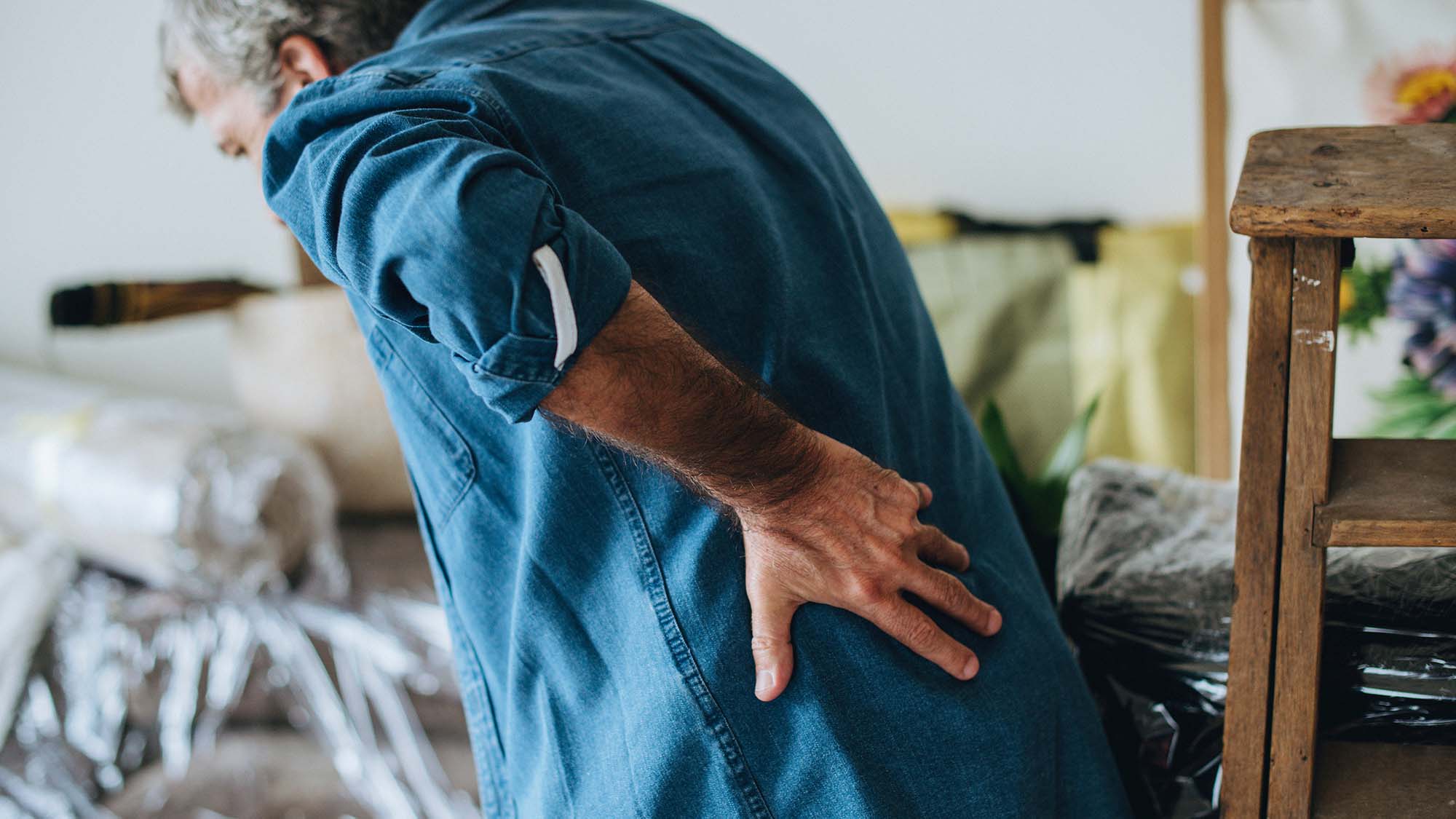
What to do if you’ve had a fall
A fall can happen to anyone, at any time. Here’s what to do if it happens to you – and the best ways to make sure you get the right help, faster.
Last updated 28 April 2025

A fall can happen to anyone, at any time. Here’s what to do if it happens to you – and the best ways to make sure you get the right help, faster.
Last updated 28 April 2025
Falling can be a scary experience. It’s important to know what to do if you have a fall so that you can help yourself as best you can.
If you have any symptoms that worry you, call 111 immediately. Remember to tell your doctor about the fall, even if you were not injured. Make an appointment to see your doctor as soon as possible if you think you may have a concussion.